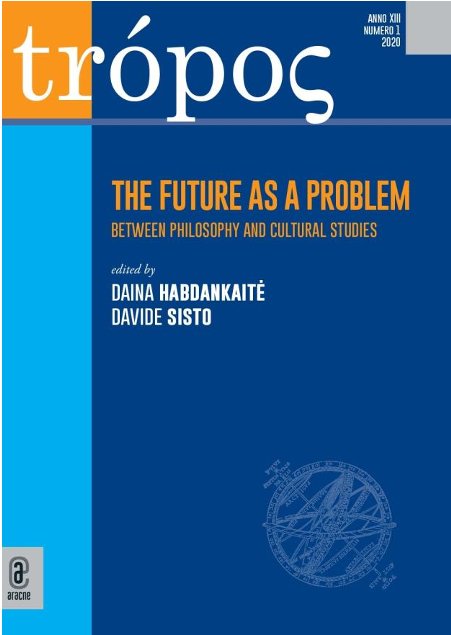The Future of Secularism
Paul Kahn's Political Theology and Its Potential in Redefining the Boundaries Between Church and State
DOI:
https://doi.org/10.13135/2036-542X/8097Keywords:
Habermas, Kahn, Political Theology, Rationalism, SecularismAbstract
In this article, I address the problem of secularism as an ideology. I analyze its relationship to the concept of secularization as well as secularism’s foundations and influences. I discuss the key points of the most prominent proponents of secularism, J. Rawls and J. Habermas, that rely on the idea, central to most liberal thinkers, that rational discourse is the sole form of discourse that should be used in the public sphere. I will oppose the reasoning for the primacy of rationalism in the public sphere by utilizing P. Kahn’s interpretation of Schmitt’s sociology of concepts, his particular interpretation of analogical thinking and the primacy of rhetoric in political discourse. My analysis will show that Kahn’s contemporary political theology is the key to a successful opposition of the primacy of rationality in politics and opens a gateway to alternative modes of understanding that may be useful in recalibrating the future relationship between Church and State.


